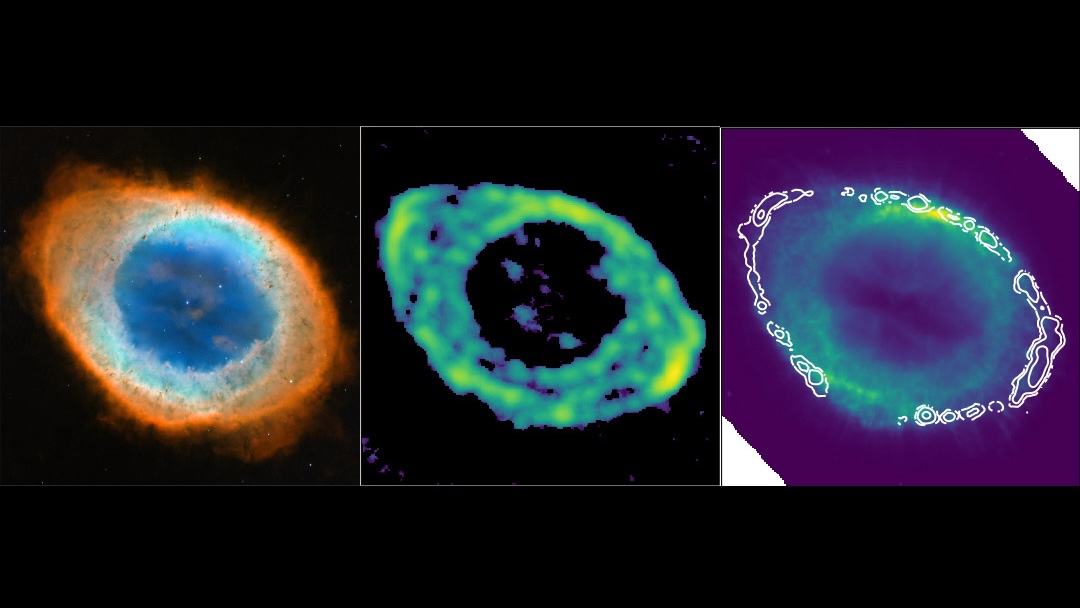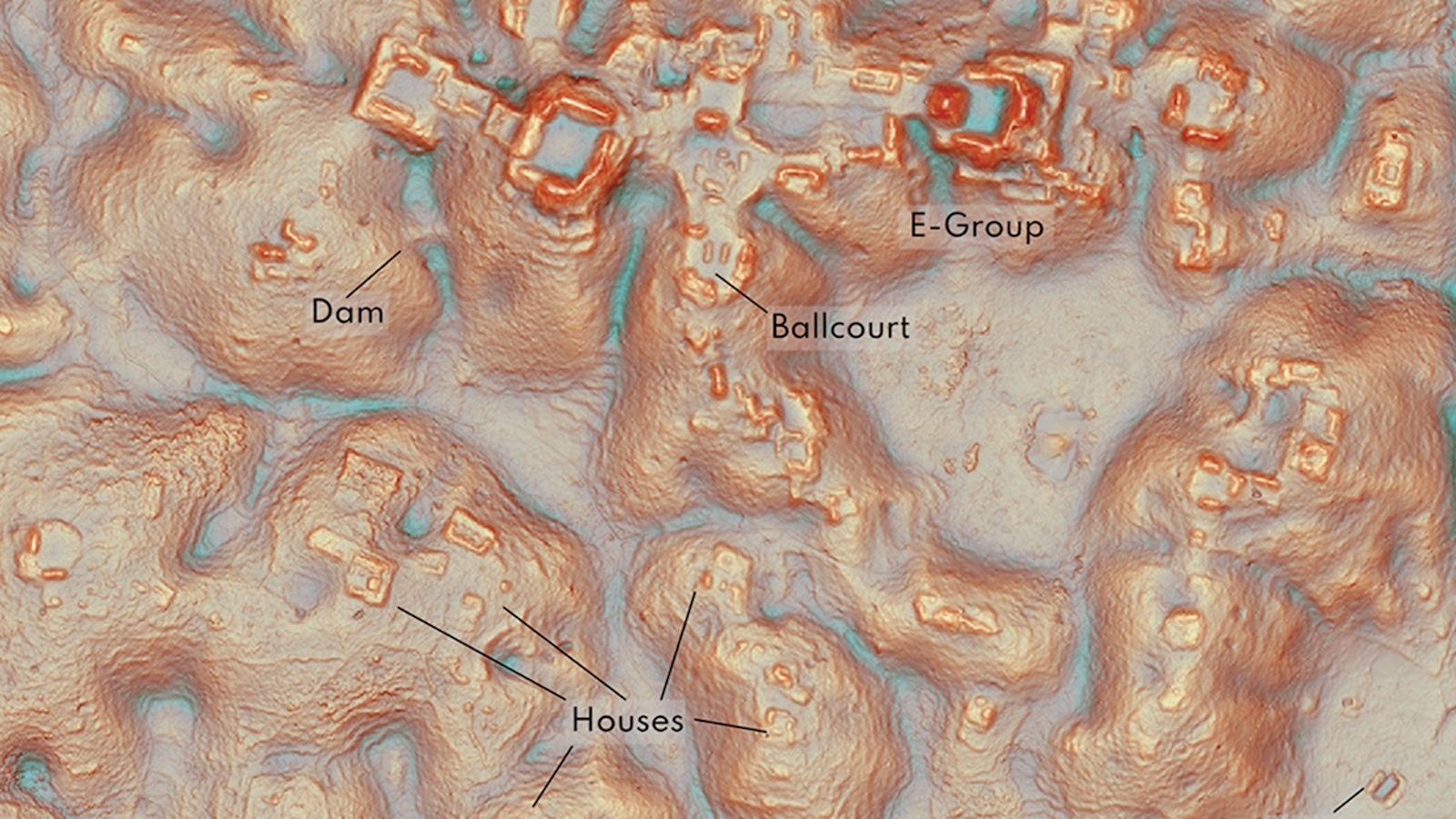Nathan Myhrvold on Stephen Hawking, Dinosaur Sex & Leaving Microsoft to Sear Food with a Blowtorch

What’s the Big Idea?
The words “Renaissance man” get thrown around a lot these days, but Nathan Myrhvold’s career evokes the true spirit of the phrase. More polymath than genius, the author of last year’s most anticipated 40-lb. cookbook has also studied physics alongside Stephen Hawking and built software with Bill Gates. When asked to speak at TED in 1997, Myhrvold chose to not to talk about innovation or cuisine, but about dinosaur sex.
Not only does he have a favorite kind of dinosaur–it’s the sauropod–he’s also contributed to the literature of palaeontology and gone on archaeological digs, discovering a record number of T-Rex fossils. (A model of one hangs in his living room. The real ones are in the Smithsonian.)
When Malcolm Gladwell calls someone “nerdy on an epic scale,” Big Think investigates. Watch the interview:
Myhrvold earned dual master’s degrees and a Ph.D. in mathematical physics on scholarship as a teen. By the age of 23, he was working on his postdoc in quantum physics with Stephen Hawking. “Basically, we were trying to understand the fundamental structure of space and time,” he says. “And where the universe came from.” Curious to experience the world outside of academia, he took a three month leave of absence to found a software startup with a friend.
Their company, Dynamic Systems, Inc. was acquired by Microsoft in the 1980’s. Myhrvold became the company’s first chief technology officer, and he stayed on for 14 years, the longest he’s ever been at any job. His reflections on “the PC revolution” manage to sound simultaneously inspiring and like an advertisement: “It was a magic time because… personal computing empowered billions of people to take charge of the information in their lives, to be creative, whether it was with a word processor or a spreadsheet or an art package.” A stimulating environment, and one that was tough to leave, even when he burned to move on to the next thing.
For a while, Myhrvold spent his free time washing dishes in local restaurants and then working as an apprentice under Seattle chef Thierry Rautureau in addition to his day job. He finally quit the tech industry in 1999 to train as a chef in France. “It’s always difficult to leave something you know for something you don’t, particularly if you’re good at it,” he says. The difficulty was mitigated by the fact that he took hundreds of millions of dollars with him.
He now uses the money to fund inventions, dinosaur expeditions, and the search for intelligent extraterrestrial life, referring to himself publicly as the “creepy rich guy” in Contact. Since leaving Microsoft, he’s been recognized as a world bbq champion. And a prize-winning wildlife photographer. And an evangelist ofmodernist cooking techniques like sous vide and searing food with a blowtorch.
What’s the Significance?
The lesson here is not to buy into the next Microsoft early. That’s just gravy. The larger framework connecting each of Myrhvold’s career choices is his relentless fascination with and openness to the unknown. His encyclopaedic knowledge of cooking and the natural world is nothing to snark at, but more than anything, his expertise lies in finding ways to indulge his intellectual whims — which he was doing well before he could afford to financially.
At a time when specificity and depth of knowledge are considered essential to success, Myhrvold’s career is notable for its breadth. His hobbies turn into obsessions then projects then lifelong pursuits. Not every venture has been a runaway success, but frequently, what began as a diversion from the expected path later became a new career direction. “I’ve had the interesting career of training for many things and then having a career mostly in things I never trained for,” he says.
“The only institution in life where you get time off for good behavior is prison. You know, in most jobs or most careers, the better you are at it; the more you’re sucked into it. You get the big promotion, you get more responsibility, you get more success, and that tends to narrow your options, not increase them. But, what’s the point of success if you don’t have your own options and you don’t make your own decisions?”





